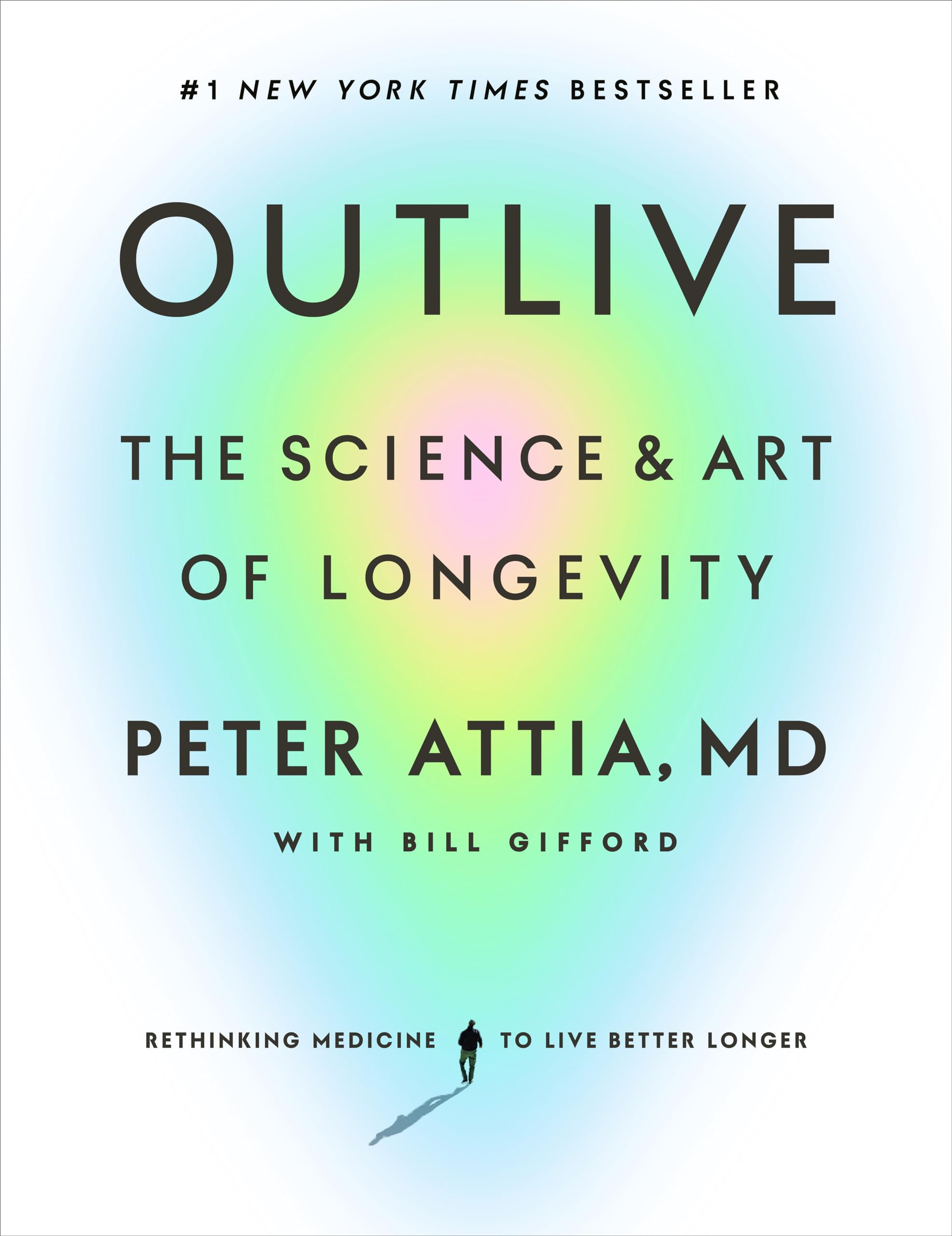Acknowledgments
byAcknowledgments in Outlive provides readers with a heartfelt and behind-the-scenes look at the collaborative effort and personal resilience that helped bring the book to life. Originally placed on hold in early 2020 due to setbacks with the manuscript submission, the project faced considerable obstacles when the authors were let down by their book agent and publisher. However, Michael Ovitz’s timely intervention became a pivotal moment, helping revitalize the project and enabling it to move forward. Ovitz’s encouragement led to the manuscript being presented to Diana Baroni at Penguin Random House, marking a significant turning point that allowed the book to progress toward its eventual publication.
The author expresses deep gratitude for the indispensable contributions of co-author Bill Gifford, whose role went far beyond merely being a collaborator. Gifford was key in transforming the manuscript from a technical draft into a narrative that was engaging and accessible to a broader audience. Often referred to as the author’s “translator,” Gifford was instrumental in breaking down complex ideas and making them relatable to readers, a task that required a balance of scientific accuracy and clarity. As the author and Gifford worked closely together, they not only honed the manuscript but also formed a close friendship. Gifford’s dedication to the project extended beyond writing, making him a central figure in its success.
Bob Kaplan, who headed the research team through 2021, played a critical role in ensuring the book’s factual accuracy and depth. His rigorous feedback, constant pushback on ideas, and involvement in organizing and fact-checking the manuscript were invaluable in shaping the final product. Kaplan’s contributions were further supported by a talented group of colleagues, including Vin Miller, Rachel Harrus, Sam Lipman, and Kathryn Birkenbach, who all worked tirelessly to verify the accuracy of the material. Their collective expertise helped ensure that Outlive was both well-researched and scientifically credible, enabling it to provide readers with a reliable and insightful exploration of topics related to human health and longevity.
Additionally, the author thanks the many experts in specialized fields such as neurodegenerative diseases, cancer, sleep science, nutrition, and aging who contributed their knowledge to refine the manuscript. The feedback provided by these specialists ensured that the book was not only factually sound but also relevant to current scientific discourse. Beyond this academic input, the author also gained significant insights from his interactions with patients and podcast guests, whose stories helped ground the book in real-world experiences. These conversations added depth and nuance, reflecting the intersection between research and lived experience, which is so vital in discussions about health, aging, and longevity.
The acknowledgment section also gives heartfelt thanks to the supportive friends, colleagues, and professionals who were involved in the book’s development in a variety of ways. From early readings to providing constructive feedback, many individuals played a part in shaping the direction of the manuscript. Special thanks are given to Rodrigo Corral and his design team for their careful and creative work on the book’s cover, which visually captured the essence of the book’s themes and research. These individuals’ contributions, although behind the scenes, were essential in ensuring that Outlive reached its full potential.
Furthermore, the author reflects on the sacrifices made by his family, especially his wife, Jill, who offered unwavering support during the demanding and time-consuming process of writing the book. The dedication required for such an extensive project often meant time away from family, and the author acknowledges the emotional toll this placed on his loved ones. In particular, he expresses a deep desire to now devote more quality time to his children, Olivia, Reese, and Ayrton, having completed this monumental task.
Bill Gifford also adds his own note of gratitude, thanking Martha McGraw for her guidance and support during the more challenging aspects of the project. Gifford acknowledges that McGraw’s coaching played an instrumental role in helping him stay focused and motivated, even when the project seemed insurmountable. Additionally, Gifford highlights the crucial support of Bob Kaplan, whose research assistance was invaluable throughout the entire writing process. Together, their combined efforts ensured that the book was both thorough in its research and compelling in its storytelling.
The acknowledgment section of Outlive encapsulates the spirit of resilience, collaboration, and mutual support that were necessary for the book’s creation. It reveals the deeply human aspect of writing and research, emphasizing the many people whose expertise, time, and efforts helped bring the book to life. This section serves not only as a tribute to those who contributed but also as a testament to the complex, interconnected nature of creating something meaningful and impactful. Through shared dedication, professional collaboration, and the personal sacrifices of family and friends, the book became more than just a product of one individual—it is the result of a collective vision and effort to communicate vital information about human health and longevity to the world.


